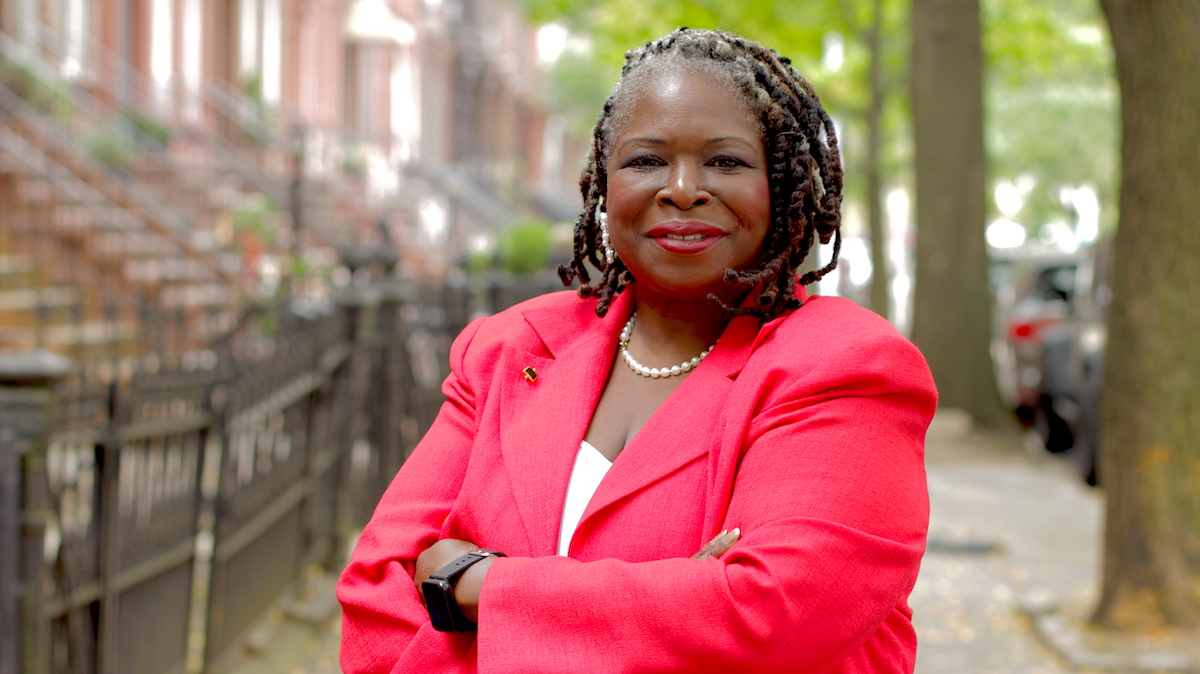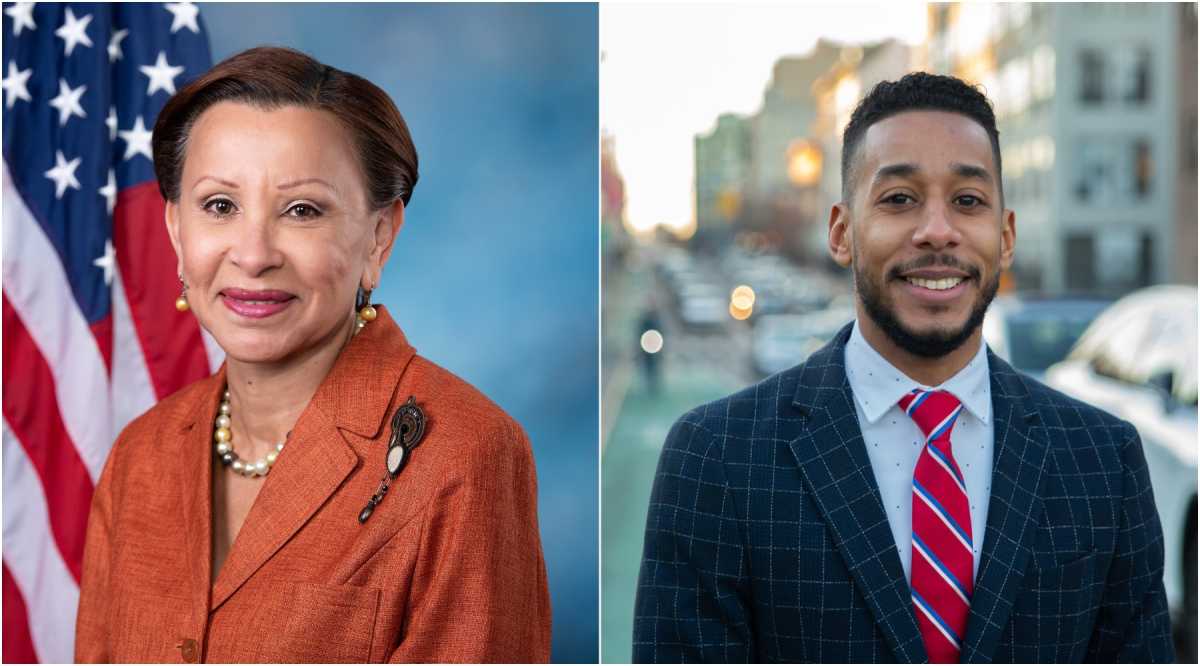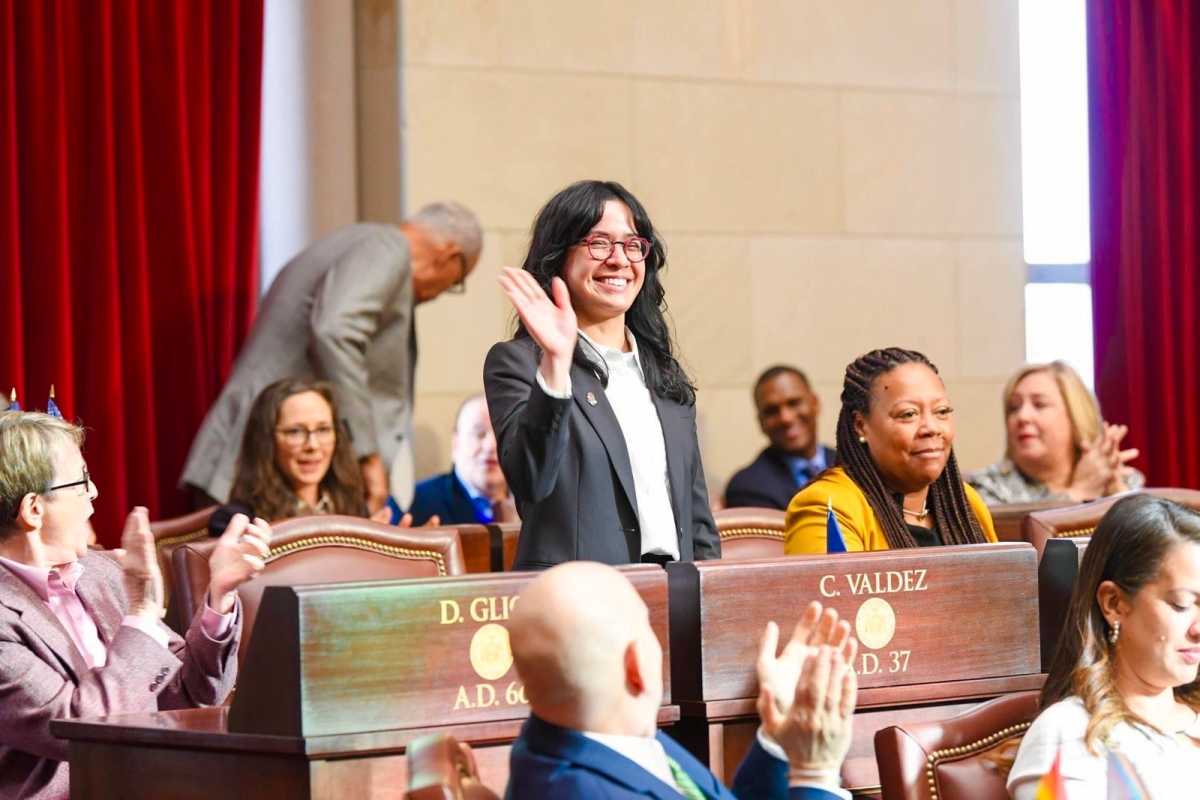Casilda E. Roper-Simpson is a long-time senior attorney, administrative law judge, and adjunct lecturer that’s jumped at the chance to be the next Countywide Civil Court judge in this year’s race.
“I have prepared myself from the onset of my career. I knew I always wanted to be an attorney,” said Roper-Simpson. “I have been very committed to this profession and my community.”
Roper-Simpson said she has learned to listen to people and how important it is to be impartial as a judge. She said she felt like she’s been preparing for this her whole life considering the path to her legal career has not been easy financially or otherwise. Roper-Simpson attended Baruch College in the late 1980s and Brooklyn Law School in the early 1990s. During that time she was also a legal secretary and a paralegal for the District Attorney’s office.
“I used to walk from 43rd to 20-something street to Baruch because I couldn’t afford the bus. And I’d put my walkman, yes walkman, in my ear and walk,” said Roper-Simpson.
Starting with the painful deaths of her father and sister to struggling through motherhood while trying to pass classes and the bar exams, Roper-Simpson said she learned to persevere with the support and encouragement of her husband and family members.
She comes from a large family and parents who were hard working immigrants from Panama. They settled in Crown Heights in her childhood and were big believers in education. Most of her six siblings are also successful public servants, said Roper-Simpson, with one of her sisters also being an attorney and judge. She said her family isn’t extremely political at all though.
“We never missed school. And one day this teacher called home and he told my mom I wasn’t doing so good in social studies, and she was not happy,” she laughed. “She literally put me in my room with my text book and I couldn’t leave until I learned the whole thing. I actually found out the constitution existed and fell in love with it.”
She took that fundamental love of the constitution and education and tried to imbue the classes she teaches with the same enthusiasm, virtual classrooms or not.
She taught at New York City Technical College and also teaches graduate and undergraduate students at Molloy College in Rockville Center, Long Island. Most of her students, she said, want to be attorneys, police, or federal officers.
“I find they take my class because they want to know the law, and a lot of them say they don’t know the law,” said Roper-Simpson. “I teach that there’s no right or wrong answer. It’s an adversarial system. Who’s the most persuasive individual? Where do the facts really lie?”
Roper-Simpson said she often holds mock trials and studies real life cases with her mostly white male students from Long Island to address the “disconnect” between the presumptions and realities of policing.
“The young man who was shot by an Asian officer in the Pink Houses in Brooklyn. He was coming down the steps in the projects. The police officer was patrolling and the gun went off and ricocheted and shot the young man,” she said, referencing the shooting of Akai Gurley last year. “We followed that case and they couldn’t understand why he was walking down the steps in the projects.”
Over the years, Roper-Simpson has had experience in handling criminal, civil, family law, immigration, human rights, and police brutality cases, and spent years in Kings County, Nassau County, New York State, and Queens County Smalls Claims courts.
“Having had the opportunity to appear in front of such honorable judges as Judge Sylvia Hinds-Radix, Judge Sarah Krauss, Judge Priscilla Hall, Judge Larry Martin Judge William Miller and so many more who exhibited great courtroom management, temperament, impartiality, integrity respect and equality as they administered justice,” said Roper-Simpson, “I am committed to provide the people of Brooklyn a judge with such a great stature and those attributes.”










